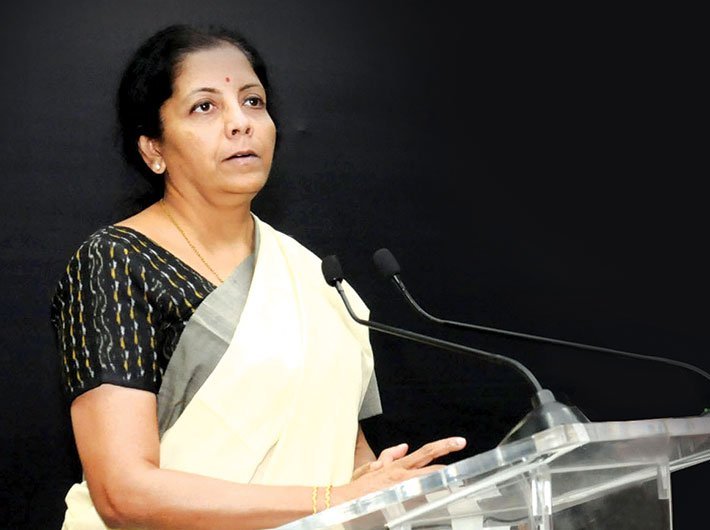Bill would provide ‘ease of living’ for law-abiding corporates, de-clog criminal justice system
GN Bureau | March 4, 2020

The Ministry of Finance has announced an extension of the deadline for eligible individuals to opt into the Unified Pension Scheme (UPS). The revised deadline is now November 30, 2025. The Unified Pension Scheme, implemented on April 1, 2025, allows eligible existing employees, past retirees
OTP Please: Online Buyers, Sellers and Gig Workers in South Asia By Vandana Vasudevan Penguin, 384 pages, Rs 499
Anger is not a flaw; it is one of our oldest instincts, deeply embedded in human nature for survival. At its best, it helps us confront threats, assert boundariesand respond to injustice. But when anger is left unchecked or unprocessed, it can escalate into violence. What begins as a natural emotion can, o
Language of the Immortals: A Concise History of Sanskrit By G. N. Devy Aleph Books, 96 pages, Rs 399
Former union ministers Murli Manohar Joshi, Karan Singh and others have written to the Chief Justice of India, urging judicial reconsideration of the Supreme Court’s 2021 judgment upholding the road widening under the Char Dham Pariyojana in Uttarakhand – in the ecologically fragile Himalayan r
For decades, international efforts have prioritised emissions reduction, often overshadowing adaptation. Consequently, the vast majority of tracked climate finance goes to mitigation, while only a small share of funds goes to adaptation. The global climate finance has hit ~$1.5 trillion, essentially driv

